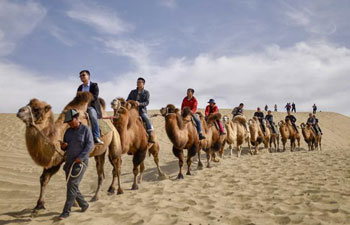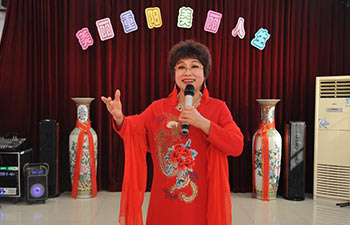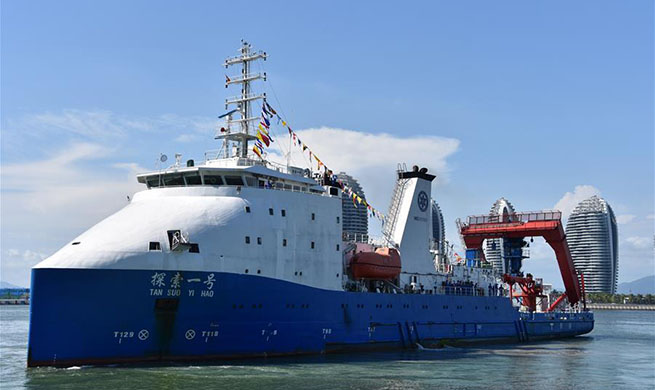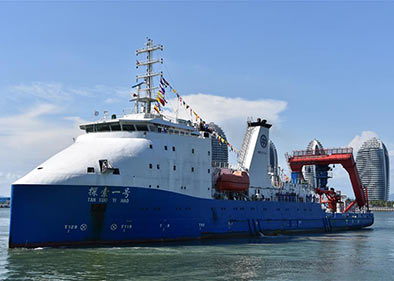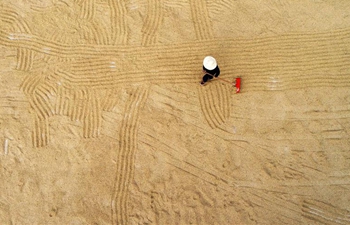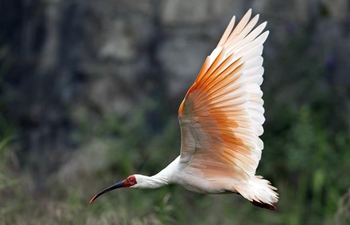PHNOM PENH, Oct. 17 (Xinhua) -- A group of five senior Chinese experts has been providing a training course to some 210 Cambodian agriculture officials on the management and technology of agriculture machinery, product processing, horticulture and food safety.
Speaking at the opening ceremony of the four-day workshop in Phnom Penh on Wednesday, Chan Phaloeun, under-secretary of state of Cambodia's Ministry of Agriculture, Forestry and Fisheries, expressed her profound thanks to China for actively supporting the development of agriculture in Cambodia.
"The workshop is essential to increase capacity and expertise for Cambodian agriculture technicians," she said. "It's very useful for our officials in developing projects and preparing strategic plans for the management of agriculture machinery, product processing, horticulture, and food safety."
"Through the workshop, I'm confident that our experts will have better knowledge and skills for carrying out plans and projects at their respective departments," she said.
Agriculture is one of the four sectors supporting Cambodia's economy. The sector generated gross revenue of about 5.5 billion U.S. dollars in 2017, accounting for 25 percent of the country's gross domestic product (GDP).
Meanwhile, Phaloeun asked China to continue to help train Cambodian experts, especially in the field of agricultural laboratory.
Li An, economic and commercial councilor of the Chinese Embassy, said it was the second consecutive year that the Chinese government had sent Chinese agriculture experts to help train Cambodian officials.
"This is an important opportunity for Chinese and Cambodian experts to discuss and exchange their expertise and experience," he said. "I believe that everyone will benefit from this workshop."
Over the course of four days, China's experience in the management and technology of agriculture machinery, product processing, horticulture, and food safety will be shared with all participants.
Professor Dang Xuanmin, deputy director of the Tropical Vegetable Research Center under the Chinese Academy of Tropical Agriculture Sciences, said the workshop was crucial for experts of the two counties to exchange views and seek new ideas for the development of agriculture in Cambodia.
"After the workshop, participants will have better knowledge of agriculture machinery, product processing, horticulture, food safety, and pesticide residue analysis," he told Xinhua.
Srun Sokhom, deputy director general of Cambodia's General Directorate of Agriculture, encouraged all trainees to pay high attention to the course, saying that it was vital for them to improve their skills and expertise.

